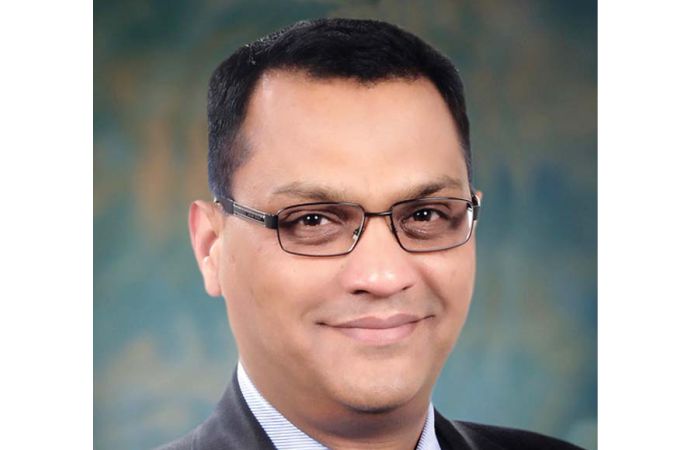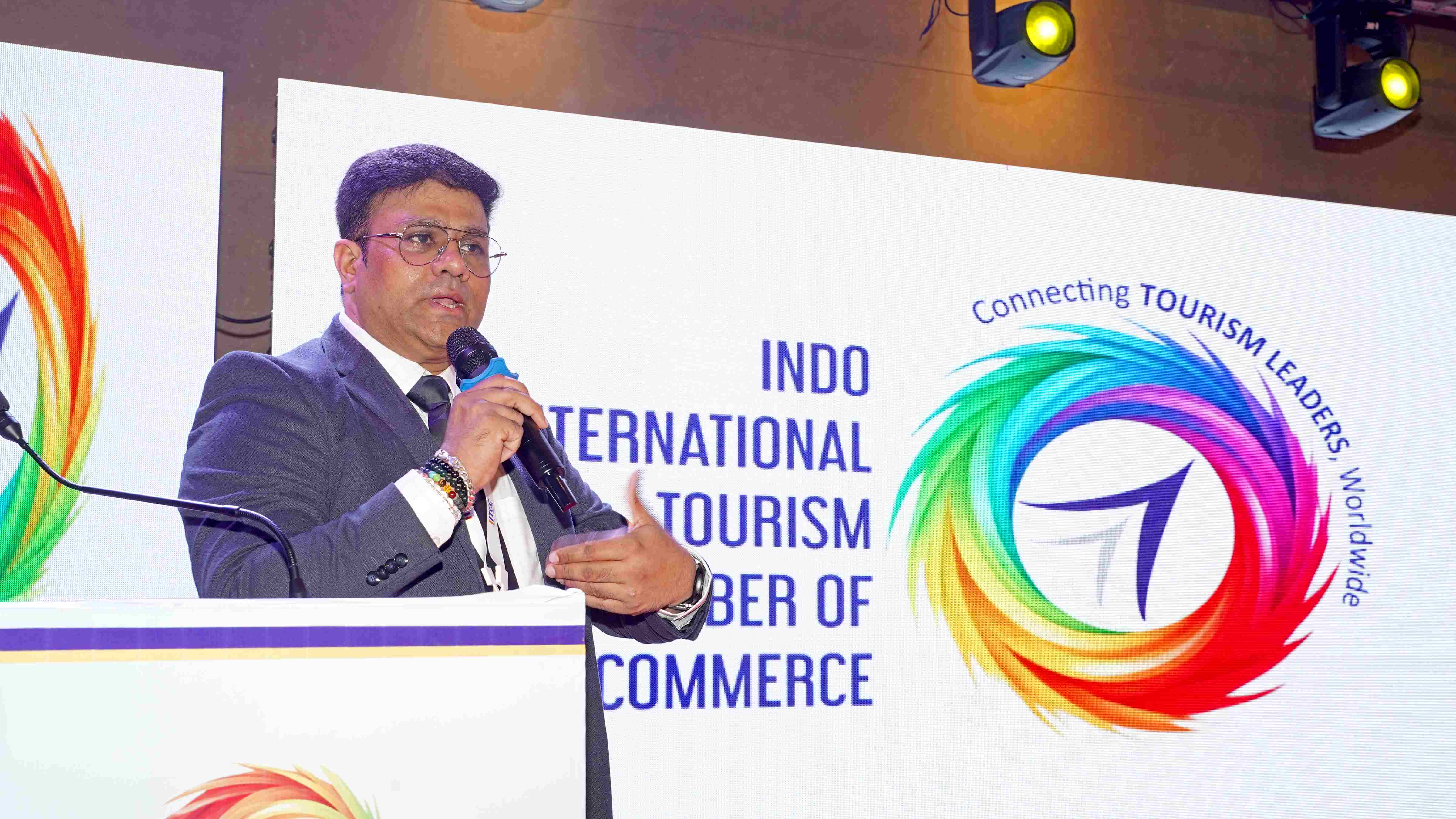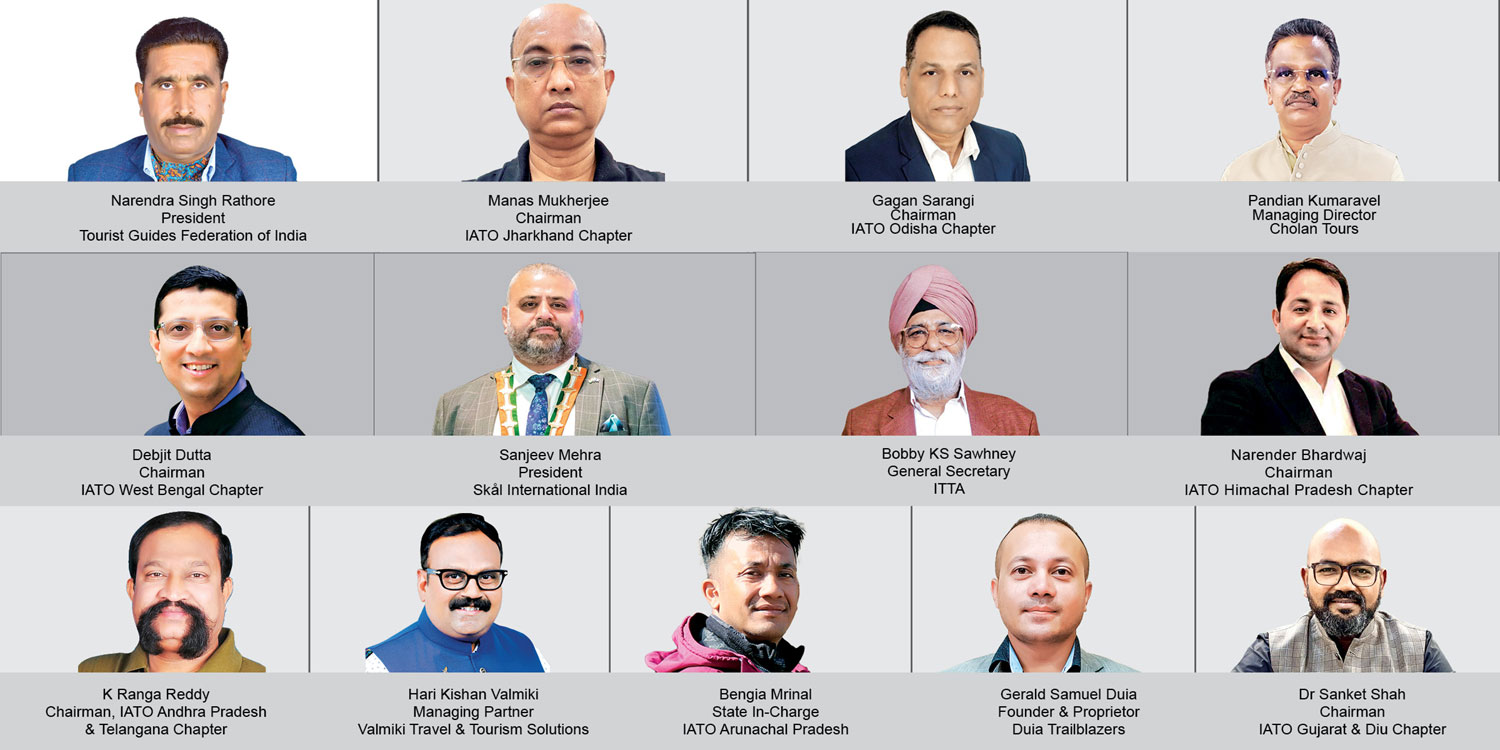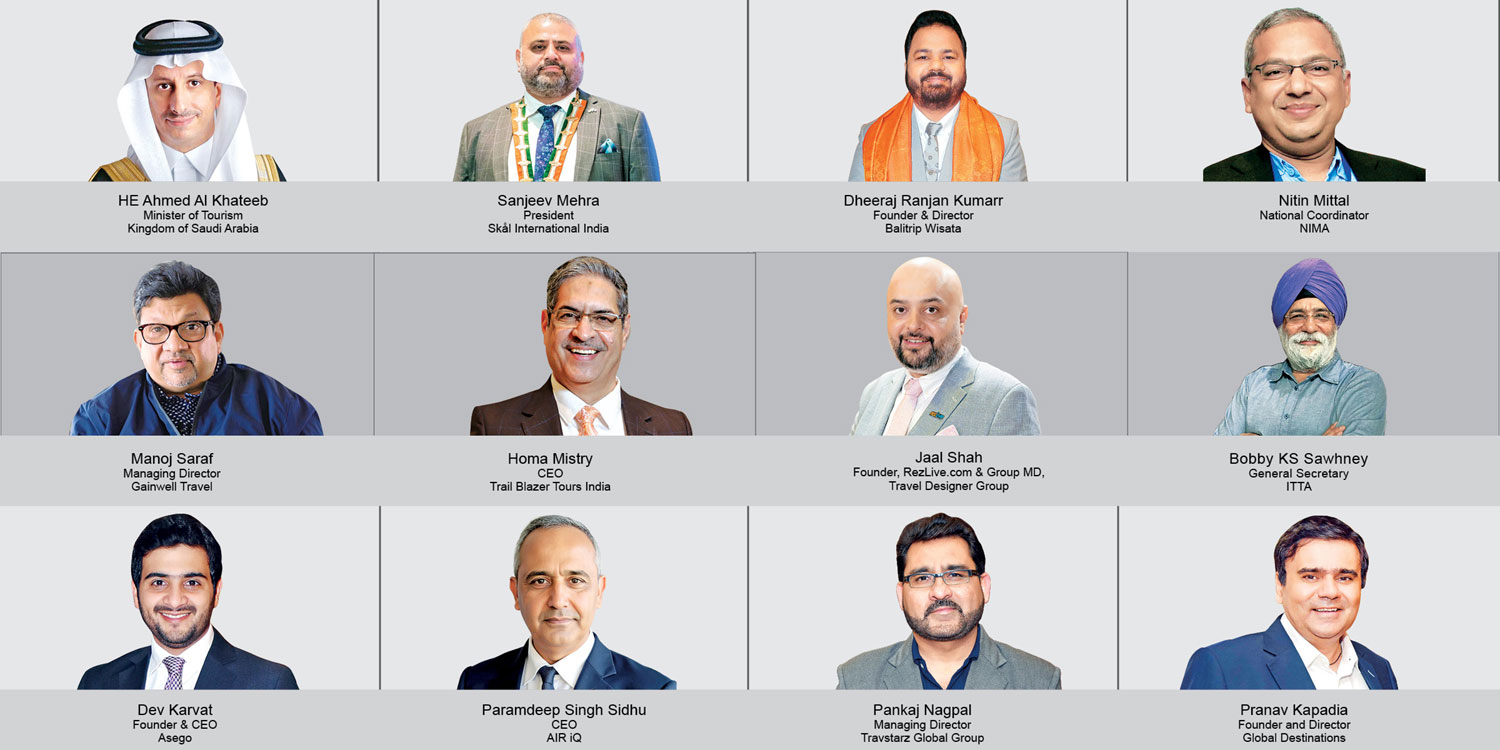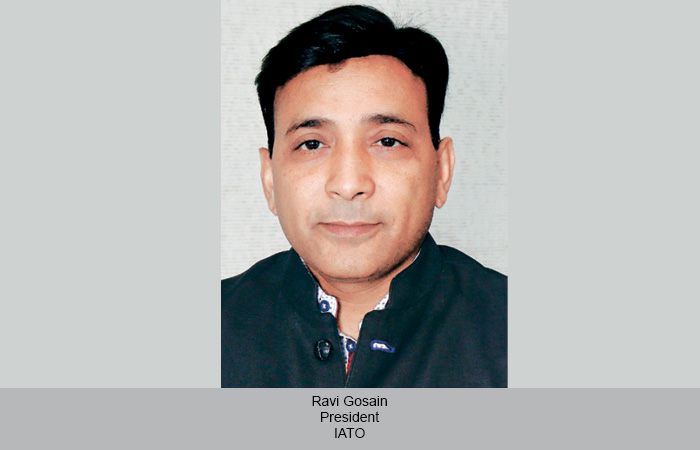Concluding its conference in Mumbai this October, The Global Business Travel Association (GBTA) has already planned to conduct three annual conferences in 2018. Gaurav Sundaram, Regional Director, India, GBTA, reveals more.
HAZEL JAIN
Q: What have you planned for 2018?
A: We intend to conduct three large annual conferences next year – in Delhi, Mumbai and Bengaluru, which are the three primary hubs for business travel. We are not likely to replicate the workshop series that we did this year. We are also looking at introducing professional education and development in business travel through the GBTA programmes of corporate travel experts and advancements in global travel professional certification in India. Here, we intend to customise the content for India through our national network of both offline training centres as well as an online self-learning programme. We are also planning to look at strategic meeting management as an area of activity.
Q: Is there a lack of education on business travel in India?
A: Yes, there is. Firstly, there is no industry body in India yet that represents business travel apart from GBTA. TAAI and TAFI associations don’t focus on business travel at all. There is no advocacy on business travel issues with the government. There are similar challenges with airlines and various other operators. There is clearly a need for education and a need for representing the interests of corporate travel buyer and industry.
Q: What did this GBTA Conference 2017 in Mumbai focus on?
A: We had research presenters, a CXO round-table which was very well-received last year, as well as a panel on GST, among other things. We conducted a session on GST even in Delhi this August but it focussed more on the logic behind GST, the overarching principals and values and what the industry should be preparing for. In Mumbai, the session focused on the operational aspect of GST and how it impacts business travel.
Q: Is there a little more clarity on GST now as far as business travel is concerned?
A: Yes and no. There are certain stakeholders in the industry who are not willing to come forward and verbalise, like airlines for instance. They seem to be very reticent about sharing anything to do with GST. We invited a travel management company as well as mature business travel buyers in Mumbai who shared insights on the topic during the conference. However, GST is still a work in progress.
Q: How strong is your membership base?
A: Currently, we have about 110 members in India. When we started last year, we had just about 20. The Indian market is used to getting complementary items. We don’t offer free memberships. It is based on an annual fee and it is individual; that initially posed a challenge but we tell them that we offer them a lot of value. We charge the same fee as we do in the US.
Q: Has 2017 been fruitful for you so far?
A: Most definitely. In the first half of 2017, we conducted five GBTA workshops – Mumbai, Bengaluru, Noida, Gurgaon and Hyderabad – that were attended by about 400 people in total. Of this, about 60 per cent were corporate buyers. We then held our first annual conference in Delhi in August 2017 which was attended by 225 delegates. This was followed by one in Mumbai in October 2017 that welcomed more than 250 attendees.
 TravTalk India Online Magazine
TravTalk India Online Magazine

